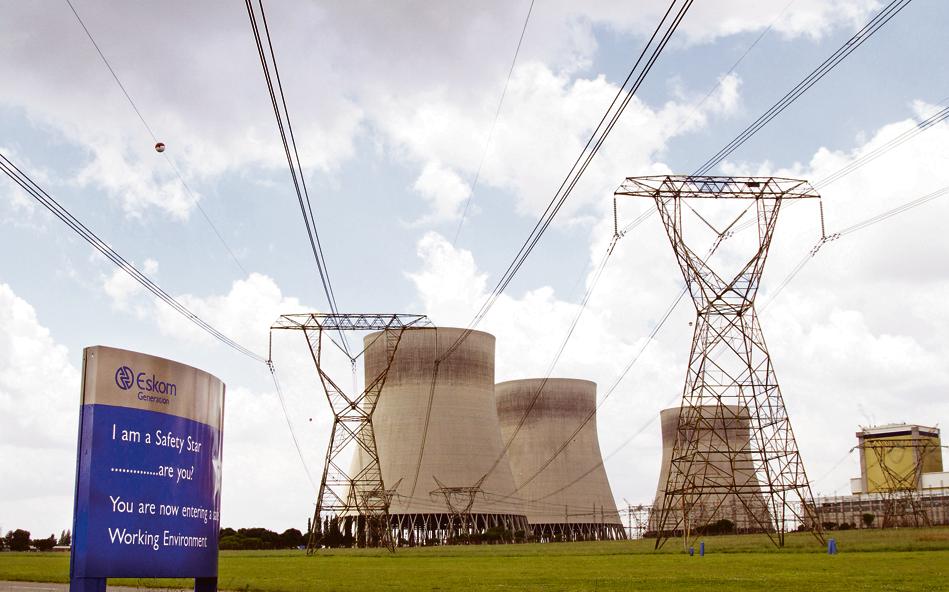Calls are increasing for the privatization of South Africa’s sole energy provider, Eskom, as uncertainty remains over when the current spate of rolling blackouts will end. With the power grid expected to remain constrained for the foreseeable future, economists have warned that insufficient power could have a detrimental effect on the country’s ailing economy.
The calls for Eskom’s privatization has been led by the Democratic Alliance (DA) and several other opposition parties, who view it as the best solution to the ongoing energy woes. Lending weight to this argument, Free Market Foundation economist, Loane Sharpe said the country had over the years experienced several very successful company privatizations.
“In the 80’s we had ISCOR and SASOL, and nobody can doubt that those two organizations in private hands have been fantastic success stories,” he said, adding that this gave some indication that Eskom could also benefit from being under private ownership.
He suggested the problem with the energy powerhouse was a lack of competitive market, with Eskom running a monopoly in the industry. Thus it was imperative that competition within the sector be introduced, to the benefit of all South Africans.
The most detrimental aspect of the power cuts has been the reported dent it has left in the country’s economy. Sharpe claimed the country had lost around R300bn in income as a result of the crisis.
“Many manufacturing enterprises, most of which are small businesses, have very difficult operations in the context of uncertain electricity supply. You can’t just switch on and off a little manufacturing business depending on the rolling blackout schedule,” he said, further noting that many of these companies took several days to start up again after the cuts.
With over 90% of employment in the country coming from unlisted small businesses, the consensus amongst economists is that the crisis is taking a major toll on the small business sector, indirectly affecting the local economy.
Most worrisome for Sharpe however, was the description of the current situation by President Jacob Zuma during his SONA address as less of a ‘crisis’, and more of a ‘challenge’.
“If the authorities are not facing up to the facts, I wonder what prospect we have of turning things around,” he stated.
During SONA 2015, Zuma announced a small respite for the energy provider, by announcing that government would invest around R23bn into the company. VOC (Mubeen Banderker)






 WhatsApp us
WhatsApp us 

